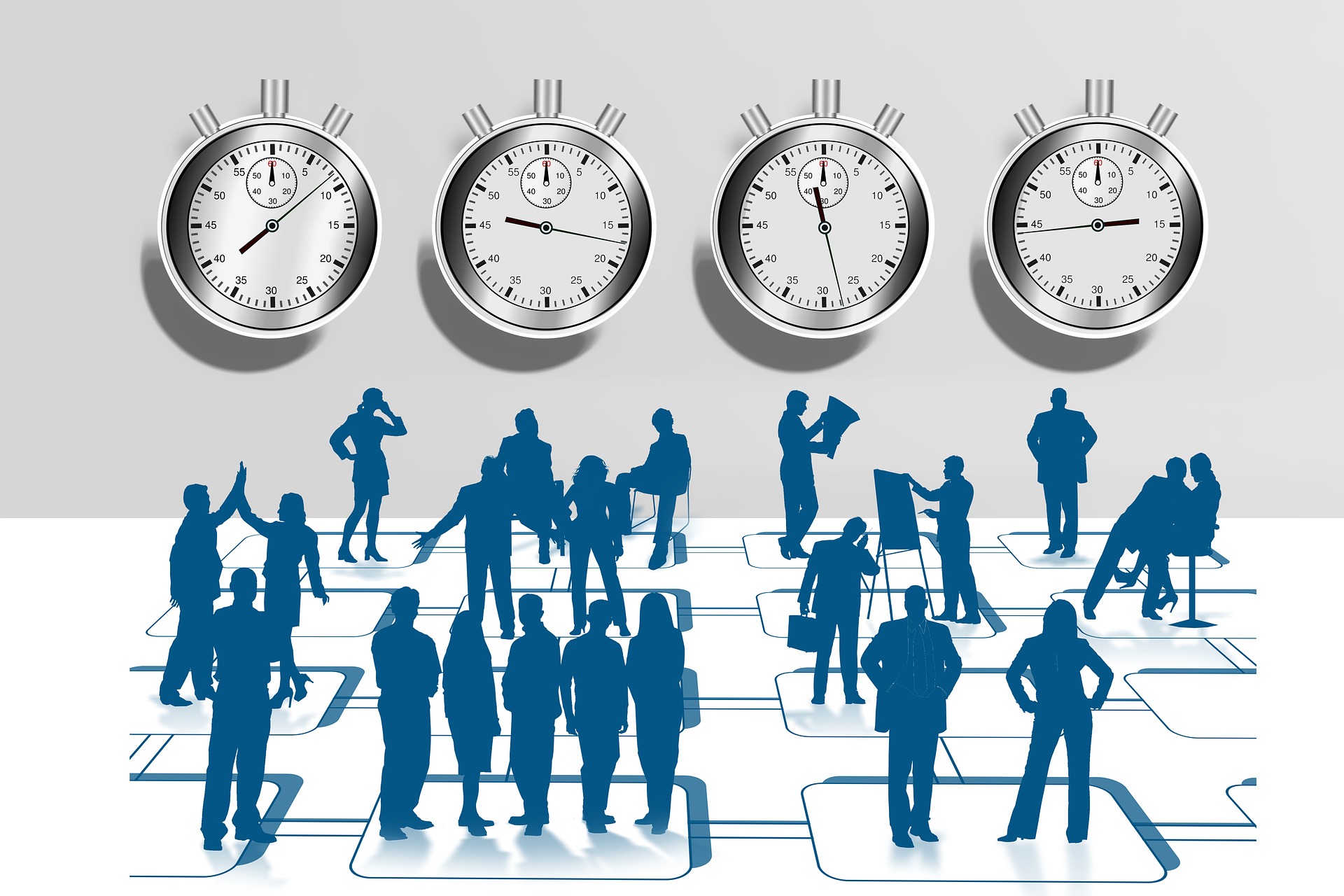December is almost here! That means 3 things: holidays, travel and no work. And the rest this very well earned for most. Many people save vacation days specifically for December, working ourselves to the bone before we can recharge.
I’ve written about the importance of scheduling your vacation and planning your work around it before. It is a principle I keep to because I know my capabilities and my limits. I operate best when I manage both to remain productive. Any time we strive for more, we must always question if it is also our best.
“Any time we strive for more, we must always question if it is also our best.”
For instance, I once had to let a good employee work from home because of a long commute to and fro work. We set on weekly targets which he has to meet regardless of stipulated work hours. As a result of this arrangement, his productivity increased by 40%. He delivered great, on-time results and even found time to join a gym.
The accountability and trust made him feel empowered with a stronger sense of belonging. He knew he was cared for so he gave his best. He has since moved on to another job but remains close to the company, maintaining a great relationship with us and remains among our biggest ambassadors.
Production Doesn’t Equal Productivity
Most people think that more work means more productivity. But this doesn’t necessarily mean quality productivity. Most people reach their optimum where they cannot produce better results. At this point the only thing to do is go on break, recharge and begin anew.
Every leader should encourage their staff to take regular scheduled breaks to improve their productivity. This isn’t to be confused with missing work and inconveniences to the business. It means to recognize overworking does not necessary mean overachieving.
Google countries with happiest employees, they work less hours and are encouraged to have a work-life balance.
Why People Won’t Rest
- Resting gets a bad rap in our society because it is associated with procrastination, laziness and a lack of work. Researcher and Silicon Valley consultant Alex Soojung-Kim Pang wrote the book ‘Rest: Why You Get More Done When You Work Less’:
“Rest is not this optional leftover activity. Work and rest are actually partners. They are like different parts of a wave. You can’t have the high without the low. The better you are at resting, the better you will be at working.”
- Resting takes discipline. Deliberate and effective rest takes discipline to resist things like checking emails even mindlessly and leaving work at work. You have to actually cultivate your “play” time habits as much as your “work” time habits.
- Work has become a big part of our identity. Believe it or not work isn’t everything there is to life. If you’re going to be more productive you have to learn to fully embrace a balanced life where work takes its fraction of life and it stays where it is supposed to when time comes.
- Fear of Missing Out (FOMO). Particularly in a competitive, the scariest thing is taking time off because we don’t want to miss out on promotions, accounts, gossip etc.
I highly recommend being more intentional with your resting. Habits like disconnecting and ticking items off your bucket now can really boost your zest for work.
On a day to day basis, you can try:
- Stopping at the right time
- Taking a walk
- Taking a nap
- Sleeping
- Engaging in non-work related conversation
- Checking messages periodically instead of all the time

